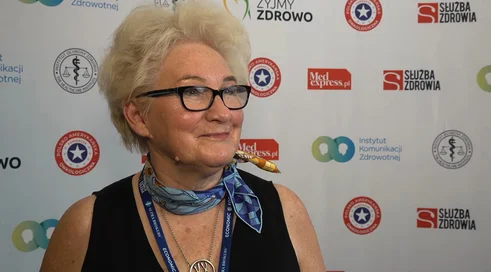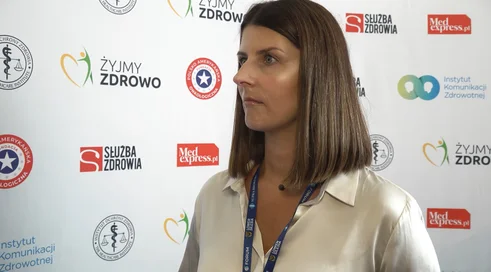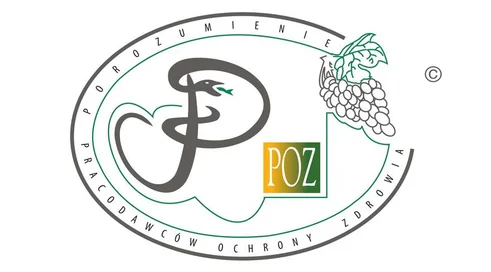Between 30% and 85% of cancer patients experience symptoms of malnutrition or cachexia. The risk of malnutrition itself is present in virtually every type of cancer, with the highest risk in patients with upper gastrointestinal cancers - esophageal, gastric, pancreatic, as well as colorectal and head and neck cancers. Many factors contribute to the development of malnutrition. The main one is the disease and its consequences related to loss of appetite, gastrointestinal complaints, impaired swallowing, and difficulty in preparing and eating meals independently.
- Every oncology patient, especially those diagnosed with gastrointestinal cancer, should undergo a nutritional screening. It is in gastrointestinal cancers that malnutrition affects up to more than 80% of patients," stresses Iga Rawicka, president of the EuropaColon Poland Foundation, which works to raise public awareness of gastrointestinal cancers.
While proper nutrition should be considered an indispensable part of the healing process, this is not always the case. Meanwhile, when a sick or convalescent patient is unable to meet his or her, often increased, nutritional requirements with a traditional diet, he or she may be at risk ...
Content locked
To gain access to the complete English section of the Medexpress.pl, kindly reach out to us at english@medexpress.pl.


















